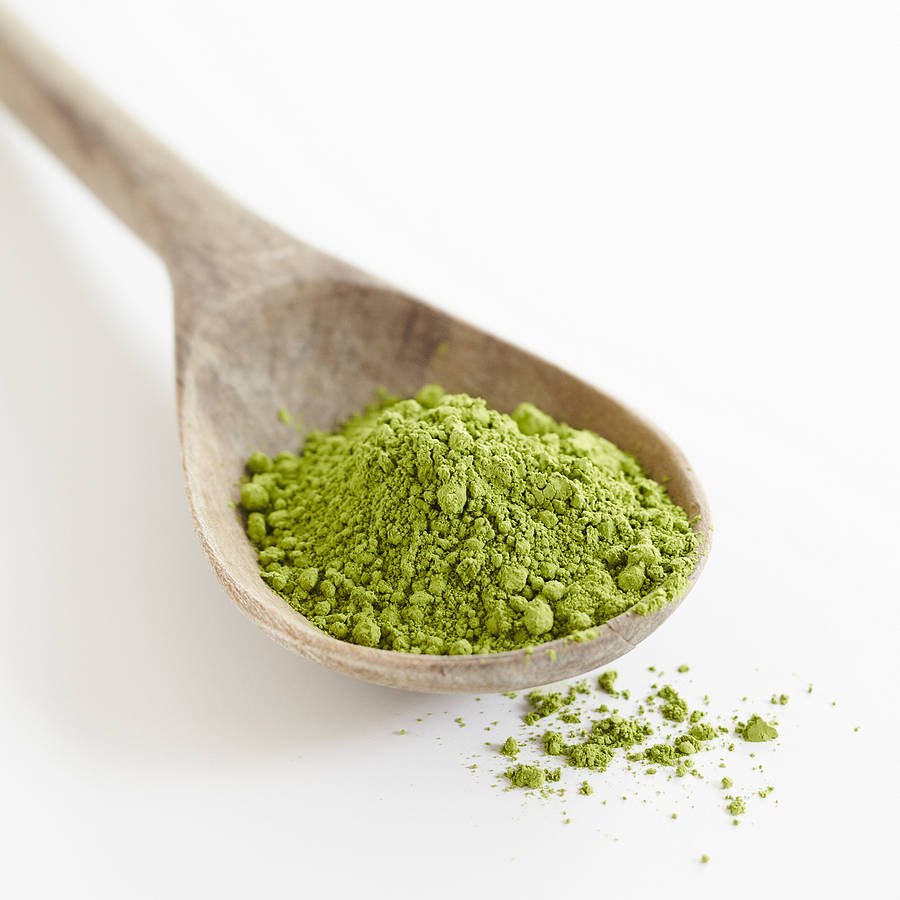
I’m not a big coffee drinker. Actually, I don’t drink coffee at all. My stomach made that very clear to me 2-3 years ago during my senior year of college. I’d like to think of it as a blessing for me not to be addicted like most people are. Instead, I’ve found a much better alternative for me that’s packed with a huge amount of antioxidants, healthy fats and flavor.
Matcha lattes, people. The great thing about these green drinks is that you can basically add anything you’d like to make it as tasty or as healthful as possible. I’ve experimented with this recipe several different ways and have definitely come up with my own favorite concoction.
The process is super easy, too. Once you’ve gathered all of the ingredients (which actually lasts for quite some time I might add, so you can feel less guilty about the overall price after purchase), Matcha away!
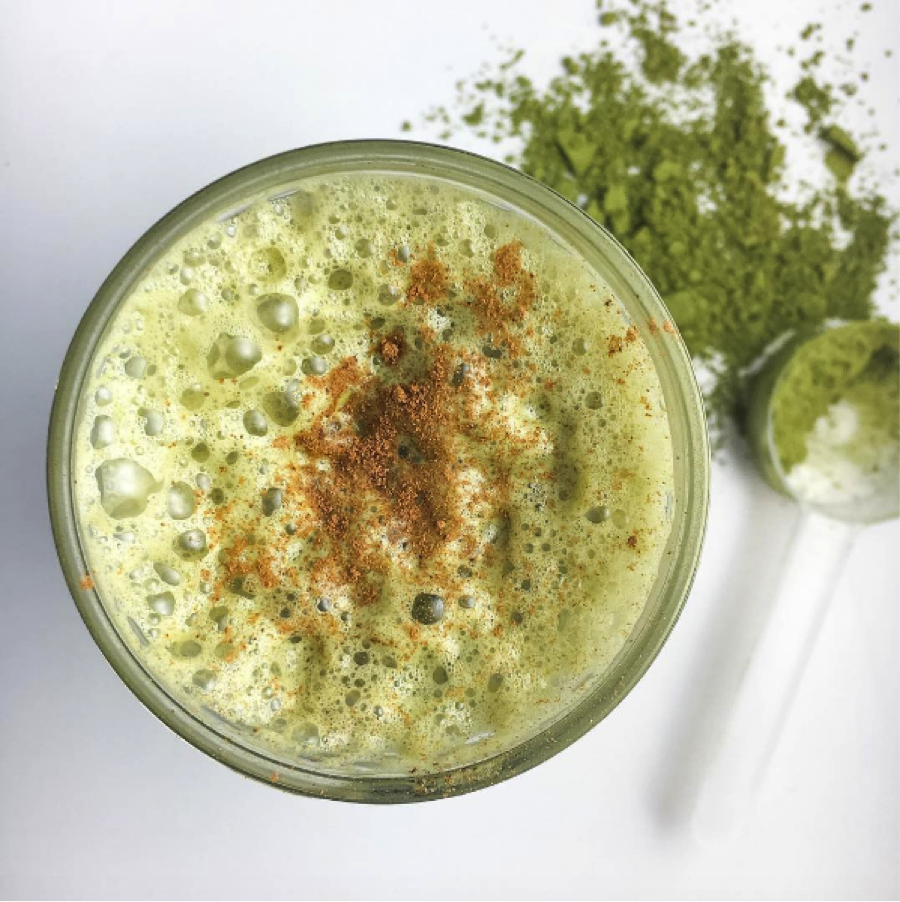
Here are my favorite ingredients to use:
- Quality matcha green tea powder
- Maca powder
- Spirulina powder
- Collagen peptides
- Vanilla ghee
- MCT oil
- Cinnamon
- Vanilla extract
Click here for the exact recipe.
Matcha
Consuming matcha green tea powder is like consuming green tea, except in the most concentrated form. To make matcha, green tea leaves are ground into a very fine powder, leaving benefits from the entire leaf; antioxidants, vitamins, minerals, fiber, amino acids and caffeine. Catechins is one of the greatest antioxidants found in green tea and provides incredible health benefits. Catechins are also found in cocoa, beans, apples and berries. It’s very important to choose the right matcha powder, such as ceremonial grade matcha made in Japan and/or organic to ensure you’re getting the highest quality available.
Health benefits include:
- Boosts energy
- Promotes weight loss
- Helps prevent cancer (click here)
- Improves immune system function
Flavor: amplified green tea
MACA:
Maca is part of the same cruciferous vegetable family as broccoli, kale, cauliflower and cabbage. The root, which is the edible part of the plant grows underground in Peru and is generally consumed as a powder. Like many other superfoods, it has a wide variety of health benefits and is a great source of vitamins and minerals. Maca is also an adaptogen, helping the body better adapt to stressors. It is rich in vitamin C, copper and iron.
Health benefits include:
- Increase libido in both men and women
- Supports hormonal balance (click here)
- May help alleviate menopausal symptoms
- Supports the thyroid
- Reduces anxiety
- Increases energy, stamina, and mental clarity
Flavor: nutty, earthy
Spirulina:
After researching spirulina, it’s so clear now why it’s labeled as a superfood. Spirulina is a bacteria called cyanobacterium (a blue-green algae) that grows in freshwater around the world. It is considered to be a complete protein meaning it contains all of the essential amino acids that we need. Spirulina is also high in B vitamins, iron, and copper and a single tbsp providing 4 grams of protein! *It’s an excellent source of protein and iron for vegans or anyone looking for a meat alternative.
Health benefits include:
- Supports the growth of healthy bacteria in the gut (i.e. eliminates Candida overgrowth)
- Detoxifies heavy metals
- Helps to purify the liver
- Strengthens immune and nervous systems
- Contains anti-viral and antioxidant properties
- Helps prevent cancer
- Lowers blood pressure
- Can lower cholesterol
- Facilitates weight loss
- Alleviates sinus issues
- Speeds post-exercise recovery
Flavor: Very strong, earthy, green
Collagen Peptides:
Collagen is the most abundant protein in our body and constitutes 70% of our skin, giving it elasticity and firmness and basically holds us together. It’s also found in our bones, tendons, blood vessels and digestive system. The production of collagen is at its highest during times of growth when bones and muscles are being formed, and reaches its peak during your 20s. As we age, we begin to produce less and less collagen, giving rise to more wrinkles, fine lines and joint pain. Other factors that may contribute to collagen degradation is excessive sun exposure, diets high in sugar, alcohol and smoking. Collagen is very high in these four amino acids– proline, glycine, glutamine and arginine with benefits like protecting the integrity of blood vessels, helping to build DNA, preventing muscle wasting and joint pain, and improving circulation.
Health benefits include:
- Healthy skin and hair
- Increased energy
- Strengthens teeth and nails
- Helps leaky gut
- Aids in repairing joints
Flavor: Generally unflavored
Ghee:
I grew up to fear the word butter. This stemmed from my own predispositions of butter and knowing at that point its adverse affects on the heart. Now that I’m well educated on the subject, I know that there are proper (and healthy) ways to consume butter. It’s important to choose butter made from grass-fed cows as it offers a natural source of trans fat and contains conjugated linoleic acid (CLA), resulting in several health benefits.
Ghee however, is clarified butter. It’s prepared by melting and simmering butter until all of the water evaporates and the milk solids settle at the bottom. The milk solids are then removed, leaving healthy fats behind. Ghee is very stable when heated, is lactose-free and rich in flavor. It’s high in fat-soluble vitamins (A, D, E and K), omega-fatty acids and butyric acid, a short-chain fatty acid that acts as a detoxifier and improves digestion.
Health benefits include:
- High smoke point
- Reduces inflammation
- Suitable for those lactose-intolerant
- Contains CLA (conjugated linoleic acid)
- Tastes rich, like butter
- Contains butyrate, helping with detoxification and digestion
Flavor: clean, nutty, rich, deep flavor
MCT Oil:
We as a society have been misguided over the past 50 years or so when it comes to fat. In truth, there lies very little evidence to support the contention that a diet low in cholesterol and saturated fat actually reduces death from heart disease or in any way increases one’s lifespan. I came across this article that completely spoke to me and totally hit the nail on the head with regards to politically correct science– aka everything I learned in college.
As mentioned above, I’ve always seemed to shy away from excess dietary fat growing up, as I’m sure many other people have as well. Ever since reducing my overall sugar intake including carbohydrates (I wasn’t eating loads of sugar to start, but definitely cut back the sugar I was eating) at the start of the New Year and started incorporating more healthy fats into my diet, I noticed a world of difference. I have felt amazing– more energy, less cravings, increased fitness gains, less bloat, it’s truly been polar opposite to the stomach issues I’ve experienced the past several years.
MCTs are medium-chain triglycerides, a form of saturated fatty acid providing numerous health benefits to the body. Coconut oil is a rich source, comprising up to 65% of MCTs. MCTs are metabolized differently than long-chain fatty acids and go straight to the liver for rapid absorption– used for immediate energy or turned into ketones to be used as an alternate fuel source for the brain. This way, they’re less likely to be stored as fat.
MCT oil is a highly concentrated source of medium-chain triglycerides.
Health benefits include:
- Increased satiety, or feelings of being full
- Increased weight loss
- Supportive of gut environment
- Contains antioxidant properties
- Helps improve energy levels
If anyone has any questions or would like to share what they enjoy in their own Matcha lattés, I’m all ears! 🙂


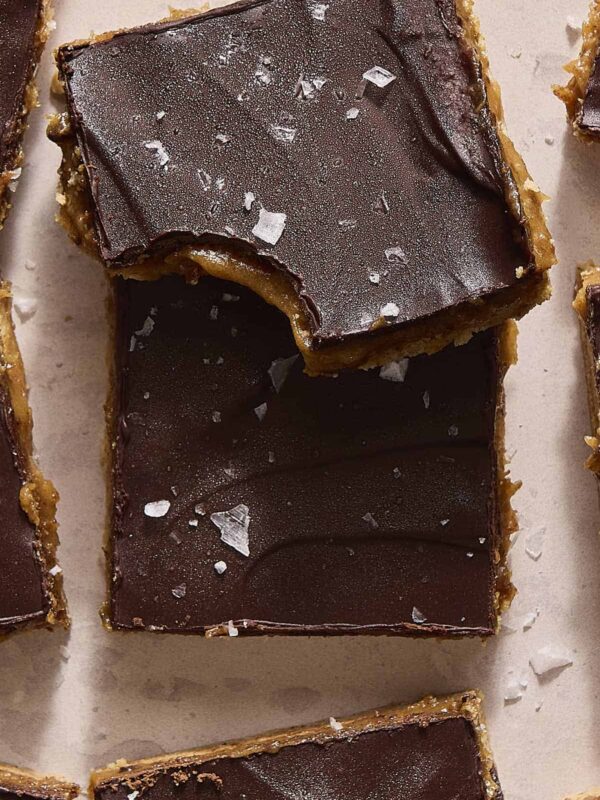
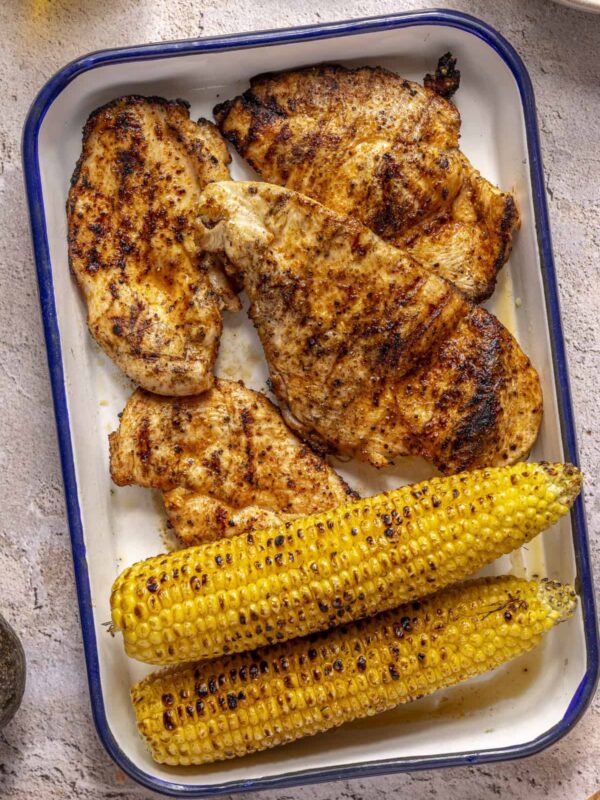
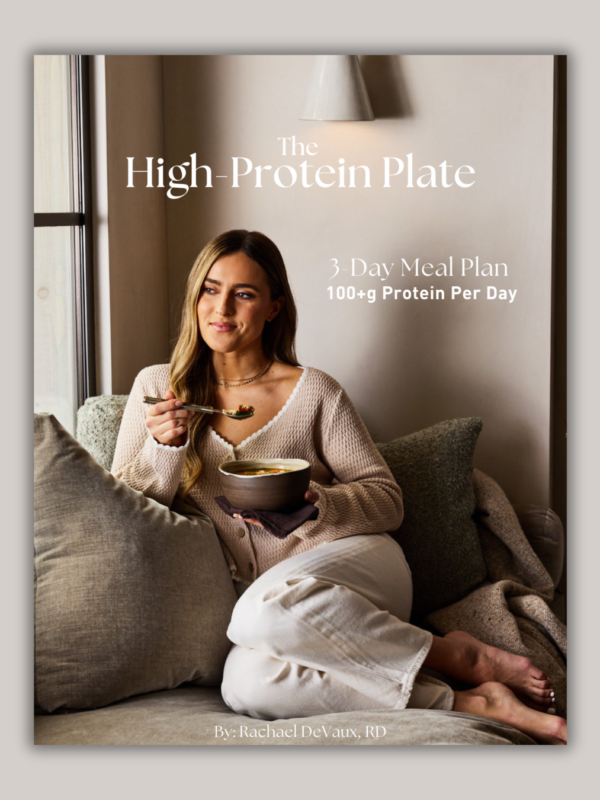









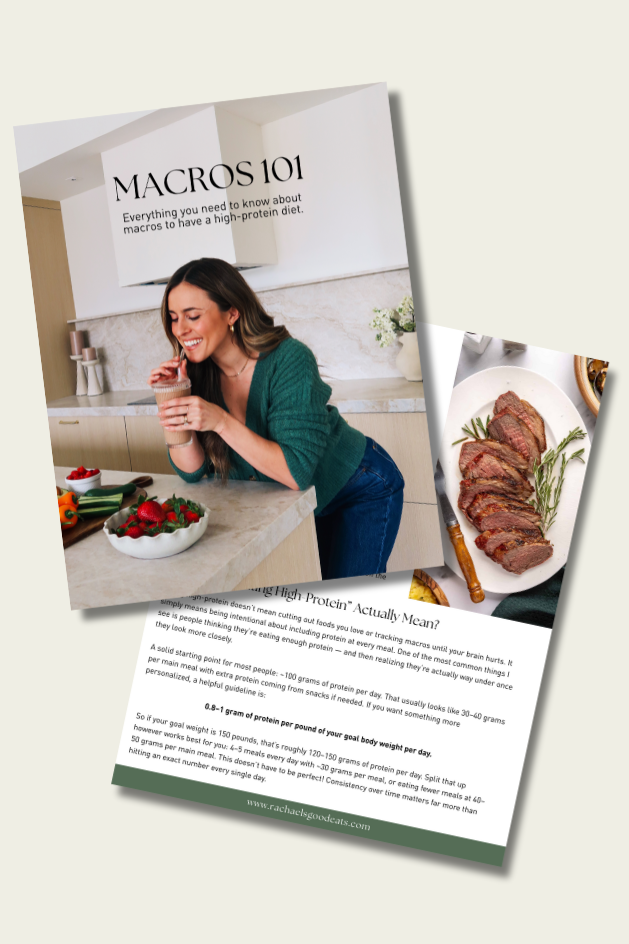
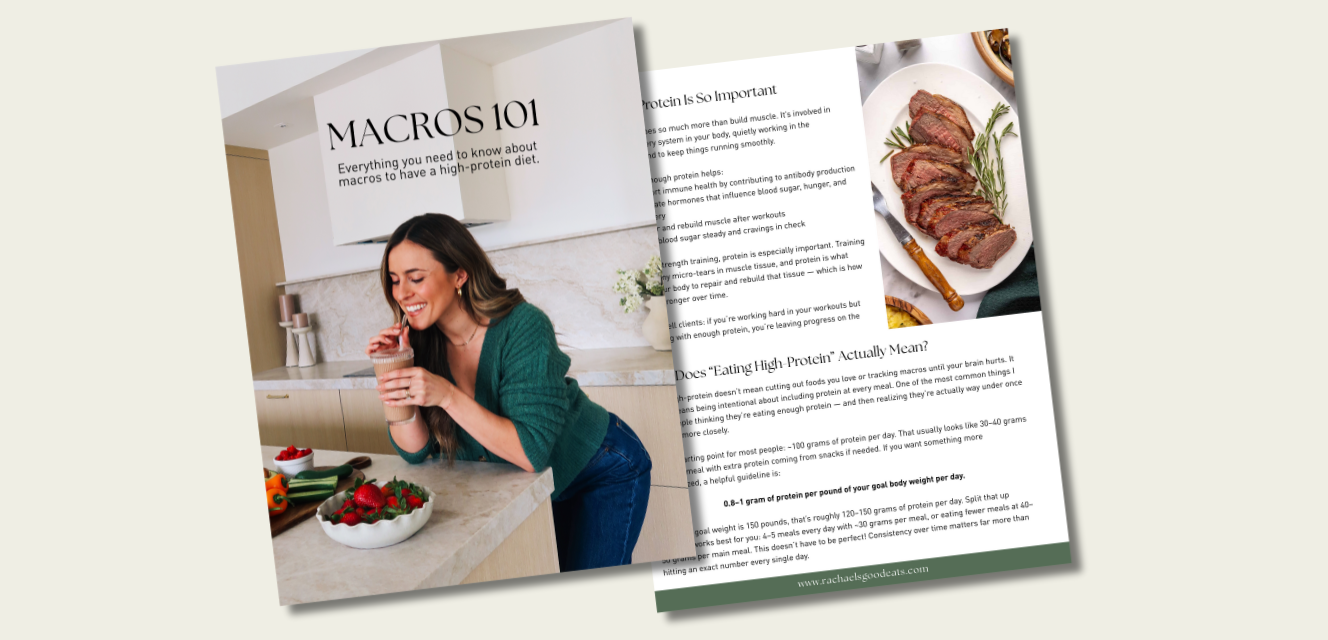
yes love matchaa ? unsure if we’re supposed to comment here for hashtags #rootznutrition insta:steenieeeeee_
Hoping to win some #crazyrichardspb to try! ?
I’m on a matcha kick right now 🙂 so good and good for you.
I love matcha and spirulina but have yet to try maca– thanks for the info! I’ll have to try that next!
This looks killer. Thanks for the background for each of the ingredients. Super helpful!
Can you add links to where you purchase your products? Thank you.
Most of them are mentioned above in the ingredients I used 🙂
Thank you for this! I had a question about coconut oil. I’ve read a lot about it and I was wondering if you think there are differences in types of coconut oils? Ex. refined v unrefined, virgin v extra virgin, cold v expeller pressed. Which is best for weight loss?
The more refined a product is, the more processed it is. I do trust brands like Better Body Foods and Nutiva for their refined options. I wouldn’t necessarily recommend one over the other for weight loss specifically.
Here’s more info: http://www.coconutoilfacts.org/cold-pressed-coconut-oil.phphttp://www.coconutoilfacts.org/cold-pressed-coconut-oil.php
Thanks for sharing! My stomach also can’t handle coffee. Can you share some matcha powders that you’d recommend? Where do you typically buy these ingredients?
I use MRM Nutrition (https://mrm-usa.com/shop/superfoods/superfoods-raw-matcha-green-tea-powder/) and really like it! You can buy from their website, or Thrive market has really great options like Matcha Love 🙂
Love this post! I was literally thinking this morning how I am starting to not love the idea of drinking coffee first thing every morning anymore and wanted to replace it with something healthy. Perfect timing – I’m totally trying this tomorrow!
Yay, I’m so excited!! 🙂 Let me know how you like it
Hi!!! I’m curious about the over all flavor and texture of this Matcha Latte. Curious but scared to try. ?
It’s definitely a more concentrated green tea flavor, but with the added ghee and almond milk its more creamy 🙂 Let me know if you end up trying!